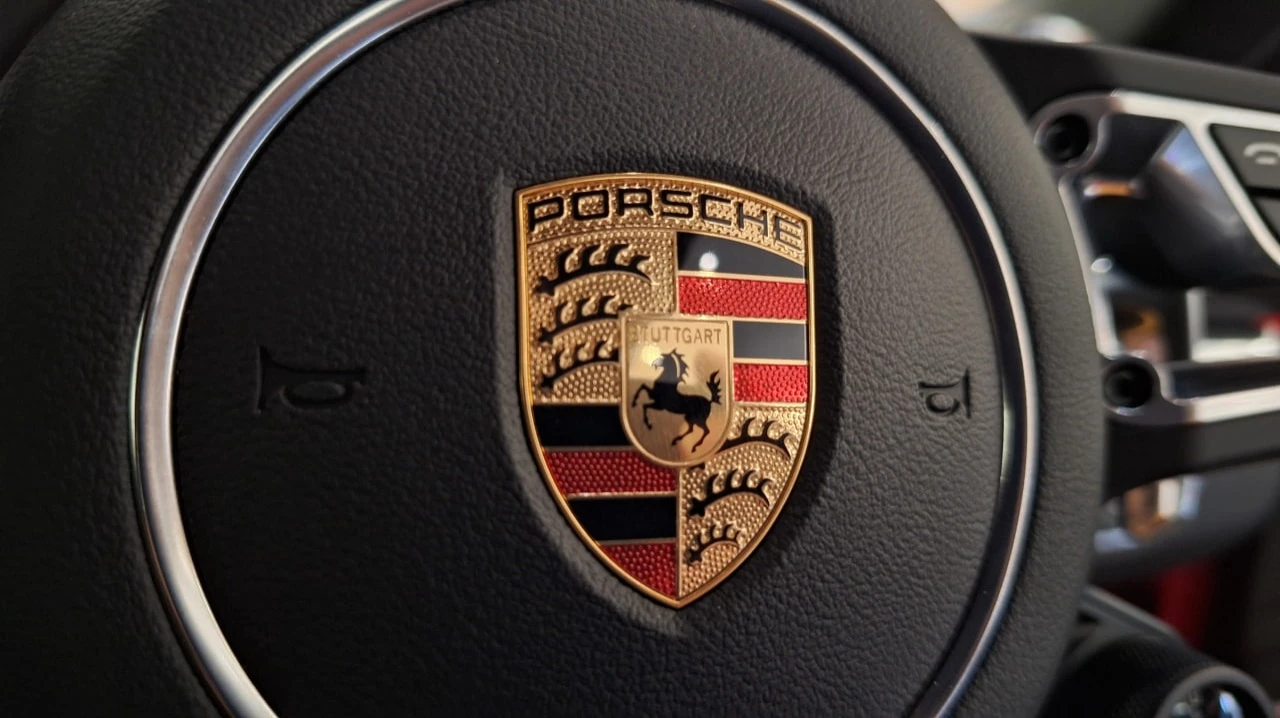Porsche has sharply worsened its profitability forecast. Is the luxury brand's status in question?
This is the fourth revision since the beginning of last year

Automaker Porsche has warned investors of a sharp drop in profitability in 2025. This is the fourth revision of the forecast since the beginning of 2024. Investors reacted with a sell-off: Porsche's quotations collapsed by more than 7%. Doubts are growing in the market as to whether the company can still claim luxury brand status and a corresponding stock valuation.
Details
German sports car manufacturer Porsche has worsened its profitability forecast for 2025 and postponed the release of electric cars due to weak demand. According to the updated calculations of the company, it still expects revenue of €37-38 billion, but operating margin is now expected to be only within 2%, while previously it was 5-7%. EBITDA margin has also been revised downward: instead of the previous 14.5-16.5%, Porsche now expects a figure in the range of 10.5-12.5%.
This is the fourth deterioration in the forecast since the beginning of 2024, Bloomberg columnist Chris Bryant noted.
What about the stock
The company's shares reacted to the revision with a fall of more than 7%. Since the beginning of the year, the carmaker's market capitalization has fallen by almost a third, and since its IPO in 2022 - halved, Bloomberg points out . Since peaking in 2023, the company has shed more than €70 billion and is now worth about €37 billion.
Porsche loses luxury premium
The decline in profitability undermines the German automaker's claim that it operates on a luxury brand model and negatively affects the way its shares are valued, explains a Bloomberg columnist. The drop in capitalization already shows that investors are gradually ceasing to put a premium on Porsche's shares for luxury. The multiplier with which Ferrari, for example, trades, is 40 expected annual profits, while in the more mass BMW and Mercedes it is equal to seven. Porsche, on the other hand, balances in between at around 16, Chris Bryant points out.
He recalls that when the company first floated on the stock exchange, it emphasized the uniqueness of its concept of "luxury with scale" ("luxury with scale") - combining the pricing power of high-end manufacturers like Ferrari with sales volumes like BMW and Mercedes-Benz. The word "luxury" was mentioned about 300 times in Porsche's IPO prospectus, writes the columnist.
The company raised its long-term operating margin target to 20% in 2023. But things got worse from there: a combination of falling sales in China, a slower-than-expected shift to electric vehicles, U.S. import duties and a weakening dollar have severely limited the German automaker's earnings potential, Bryant says. An additional blow was the company's exclusion from Germany's leading DAX index in early September and its loss of blue-chip status, the columnist says.
The company intends to take steps to address the crisis: cutting jobs, reducing investment in electric vehicles, extending the production of models with internal combustion engines, launching new gasoline-powered SUVs and strengthening the 911 lineup with additional versions and more customization. However, management told the company these measures have already been factored into the updated outlook, Bryant warned. "Porsche insists the measures announced Friday are the 'final steps' in realigning its product strategy. With increasing competition from China and rising trade barriers, the company's profit potential may have fundamental limits," the columnist wrote.
What others are saying
Analysts mostly look at Porsche's prospects with caution: the company's shares have 13 neutral ratings, according to FactSet data. Seven analysts advise to sell these securities, and only four - to buy. The average target price is €45, which implies an increase of 3% relative to quotes at the last close, September 19.
This article was AI-translated and verified by a human editor
